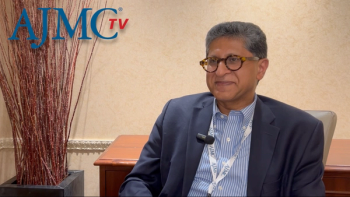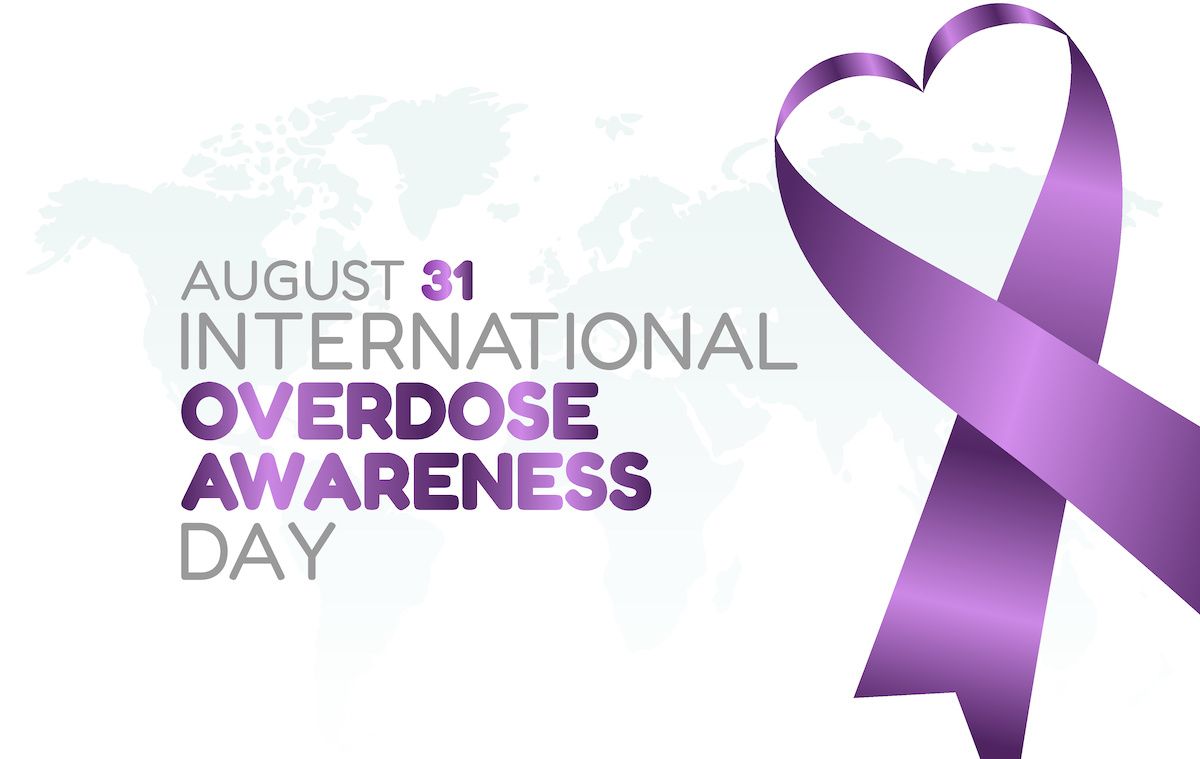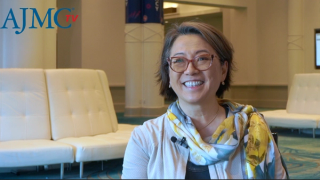
Health Care Delivery
Latest News

Latest Videos

Podcasts
More News

A new patient-centered methadone restart protocol enhances opioid use disorder treatment, improving safety and retention while personalizing care.

Ravi Vij, MD, MBA, discusses how measurable residual disease (MRD) testing is shaping treatment decisions in hematology and its potential to reduce costs and toxicity.

In this episode, Richard A. Brook, MS, MBA, discusses his study showing that infertility treatment coverage increases assisted reproductive technology (ART) use and improves pregnancy outcomes.

The study found no difference in physician communication scores between patients with advanced cancer and other illnesses, suggesting that discordance may stem from other dynamics.

Using US claims data, the authors evaluated oral glucocorticoid (GC) use at 5 time points during their retrospective analysis: 3 months before starting efgartigimod and 3, 6, 9, and 12 months after starting efgartigimod.

Evolocumab is now indicated for adults who don’t have a prior cardiovascular disease diagnosis.

A clinical trial assessing a remote weight loss intervention in women with breast cancer saw a reduction in body weight.

Ravi Vij, MD, MBA, explains how insurance-related delays in CAR T approval slow treatment initiation, increase interim therapy costs, and contribute to patient burden.

Ravi Vij, MD, MBA, discusses the logistical differences between administering CAR T-cell therapy and bispecific antibodies, and how emerging CAR T technologies could affect patient access.

A new TIAA Institute report says solving workforce shortages with smarter hiring, training, and artificial intelligence could ease the rising demand for care from an aging population.

Climate-related disasters threaten US drug production, highlighting vulnerabilities in the pharmaceutical supply chain and the urgent need for strategic planning.

Hospital accountable care organization (ACO) participation did not impact emergency department admission rates, length of stay, or costs, suggesting limited effectiveness in reducing spending for unplanned admissions and challenging hospital-led ACO cost-saving strategies.

Pediatric dermatology faces access disparities due to lack of awareness, language barriers, and training gaps in recognizing diverse skin conditions.

The INTEGUMENT-OLE study is an open-label extension analysis that followed a primary investigation from the phase 3 INTEGUMENT-PED trial, which investigated the efficacy and safety of once-daily roflumilast cream 0.05% for atopic dermatitis in children aged 2 to 5 years.

Laxmi Patel, chief strategy officer at Savista, outlines major impacts of the “One Big Beautiful Bill” Act on Medicaid and what hospitals can do to prepare for these changes.

As the prevalence of chronic kidney disease (CKD) continues to rise, empowering primary care providers (PCPs) with the tools, training, and collaborative frameworks needed for optimal management is a public health priority, emphasize the researchers.

More than 8 in 10 patients with rheumatoid arthritis were taking 5 or more medications at once, a practice linked to older age, multiple comorbidities, and more than 2000 potential drug-to-drug interactions.

The risk of fatty liver disease is especially high in patients with multiple cardiometabolic risk factors who undergo gallbladder removal, according to research from South Korea.

High-volume cancer centers utilizing neoadjuvant chemotherapy (NACT) significantly reduce surgical mortality and enhance survival rates in patients with advanced ovarian cancer.

Medicare Advantage outperformed traditional Medicare on clinical quality measures before and during the COVID-19 pandemic; mid-pandemic, however, traditional Medicare narrowed the gap on some in-person screenings.

A new partnership delivers a scalable Fast Healthcare Interoperability Resources solution to help payers meet CMS' Interoperability and Prior Authorization Final Rule by 2027.

A real-world study found that semaglutide prescriptions were associated with improvements in weight, blood pressure, and cholesterol, but also a $80 monthly rise in health care spending outside of drug costs.

A new American Heart Association initiative is working to increase screening for lipoprotein(a) (Lp[a]) at community health centers nationwide to help address undetected cardiovascular risk.

Personalized expert instruction informed by artificial intelligence (AI) data improved surgical performance and skill transfer more effectively than AI feedback alone in a randomized trial.

As the demand for mental health care grows, calls for restructuring what some consider a broken system are louder than ever, with overburdened providers and patients' needs constantly evolving.



















